The Role of Empathy in Achieving Success
Success is often painted as a solo journey—grind harder, push further, achieve more. But there’s a key ingredient quietly driving the most influential leaders, the most innovative entrepreneurs, and the most fulfilled individuals: empathy.
Yes, empathy for success is not a contradiction—it’s a catalyst. It’s the ability to connect with others, understand perspectives beyond your own, and build relationships rooted in trust and respect. And in today’s world, where collaboration, communication, and emotional intelligence are at the heart of progress, empathy becomes not just a soft skill—but a superpower.
So what exactly is empathy’s role in achieving success? And how does it intertwine with mental discipline for success?
Let’s break it down.
What is Empathy, Really?
Empathy is the ability to emotionally understand what other people feel, see things from their point of view, and imagine yourself in their situation. It’s not about fixing others or agreeing with them—it’s about recognizing and respecting their experience.
There are three main types of empathy:
- Cognitive empathy: Understanding what someone else is thinking or feeling.
- Emotional empathy: Feeling what another person feels.
- Compassionate empathy: Taking action to help, based on that understanding.
When it comes to empathy for success, all three matter. You need to understand your team’s frustrations, feel your client’s excitement, and take actions that show you value people—not just profits or performance.
Why Empathy Is a Competitive Advantage
Empathy might sound like something best reserved for counselors or caretakers—but it’s a secret edge in business, leadership, and personal achievement. Here’s why.
1. Empathy Drives Better Communication
Successful people aren’t just great at talking—they’re great at listening.
When you practice empathy, your communication becomes less about getting your point across and more about understanding the other person’s needs, concerns, or goals. Whether you’re leading a team or negotiating a deal, this emotional fluency builds clarity and trust.
And trust? That’s the foundation of every high-performing relationship.
2. Empathy Fuels Leadership That Inspires
Think about the best leaders you’ve worked with or read about. Odds are, they didn’t lead with fear—they led with connection.
Empathy allows leaders to motivate rather than manipulate. When people feel seen and heard, they give their best. They innovate more. They stay longer. They care.
This is the essence of empathy for success: using emotional insight to create environments where people can thrive.
3. Empathy Enhances Decision-Making
Contrary to the belief that emotions cloud judgment, empathy actually sharpens your decision-making.
Why? Because success isn’t just about what’s best for you. It’s about choosing actions that align with values, improve relationships, and create long-term value.
Empathy helps you weigh outcomes not just from a logical standpoint, but from a human-centered lens. And that’s exactly what makes your decisions more effective—and more sustainable.
4. Empathy Builds Resilience
Empathy helps you handle feedback, rejection, and setbacks without taking them personally.
Instead of reacting defensively, you learn to see where others are coming from. This allows you to adapt faster, grow stronger, and show up better. And paired with mental discipline for success, this resilience becomes your internal armor.
Empathy and Success: Real-World Examples
Let’s look at where empathy for success shows up in real life:
- In leadership: Satya Nadella turned Microsoft’s culture around by prioritizing empathy, making it central to innovation and collaboration.
- In business: Airbnb’s founders spent time in hosts’ homes to understand user needs—and that empathy shaped their billion-dollar experience model.
- In everyday success: A freelancer who listens deeply to clients’ frustrations not only delivers better work but builds lasting partnerships.
The bottom line? Empathy isn’t a bonus—it’s a strategy.
Where Mental Discipline and Empathy Intersect
You might wonder—how does mental discipline for success fit into all this? Isn’t empathy about emotions, and discipline about structure?
Yes—and that’s exactly why they complement each other.
Mental Discipline Helps You Practice Empathy
Empathy isn’t always natural. Especially under pressure. Especially when someone disagrees with you.
It takes discipline to pause, listen, and stay curious instead of reacting with ego or assumptions. It takes mental effort to stay open when you’re stressed or triggered. And it takes intention to apply empathy consistently—not just when it’s easy.
This is where mental discipline for success comes in. It trains your mind to slow down, reflect, and respond with empathy—even when it’s uncomfortable.
Empathy Keeps Your Discipline Human
On the flip side, discipline without empathy can become robotic—or even harmful. You may achieve results, but at the cost of relationships, values, or emotional health.
Empathy keeps your goals connected to meaning. It reminds you why you’re disciplined in the first place—not just for personal gain, but to create something meaningful with and for others.
Together, empathy and discipline create sustainable, human-centered success.
How to Cultivate Empathy for Success
So, how do you actually strengthen empathy in your daily life? Start here:
1. Listen to Understand
Next time you’re in a conversation, try to truly listen—without planning your response. Focus on understanding, not fixing. This simple shift can transform your relationships.
2. Ask Better Questions
Curious people are empathetic people. Ask things like:
- “What’s been challenging about that for you?”
- “How did that make you feel?”
- “What would support look like right now?”
3. Practice Perspective-Taking
When someone frustrates you, pause and ask: What might they be feeling? What might I not be seeing? This rewires your brain toward compassion over conflict.
4. Reflect on Your Own Emotions
The more aware you are of your emotions, the easier it is to recognize them in others. Start a daily reflection practice: What did you feel today, and why?
5. Build Diverse Relationships
Surrounding yourself with people from different backgrounds broadens your empathy. You’ll start to see the world through more lenses—and that awareness leads to better thinking and stronger impact.
Conclusion: Empathy Isn’t Weakness—It’s Wisdom
The idea that success is only about hustle and grit is outdated.
True, lasting success comes from understanding people. From building trust. From showing up with compassion in every interaction. That’s empathy for success in action.
And when combined with the clarity and commitment of mental discipline for success, you become unstoppable—not just in what you achieve, but in how you impact others.
Empathy isn’t just how you connect. It’s how you win.
FAQs About Empathy for Success
Empathy is both innate and learnable. While some people are naturally more empathetic, anyone can improve with intentional practice and emotional awareness.
Only when it’s mistaken for people-pleasing. Healthy empathy is about understanding others, not losing yourself. In fact, it enhances boundaries and decision-making.
Practice compassionate empathy—acknowledge others’ emotions without absorbing them. Pair empathy with self-care and emotional regulation techniques.
Empathy is a core pillar of emotional intelligence. It helps you navigate social interactions, respond to others effectively, and build authentic connections.
Absolutely. Empathy improves communication, collaboration, leadership, and client satisfaction—all of which directly affect results in business and life.

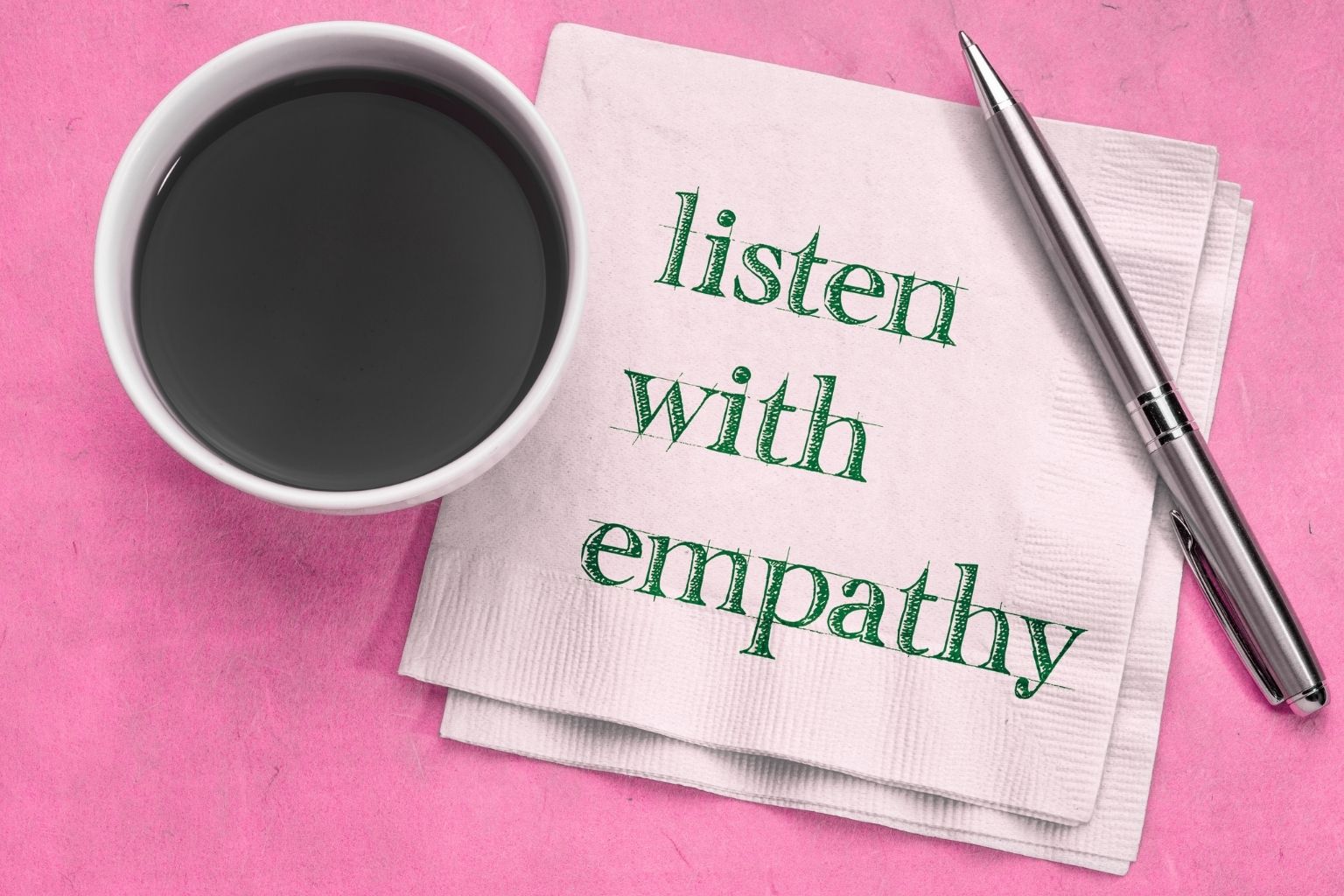
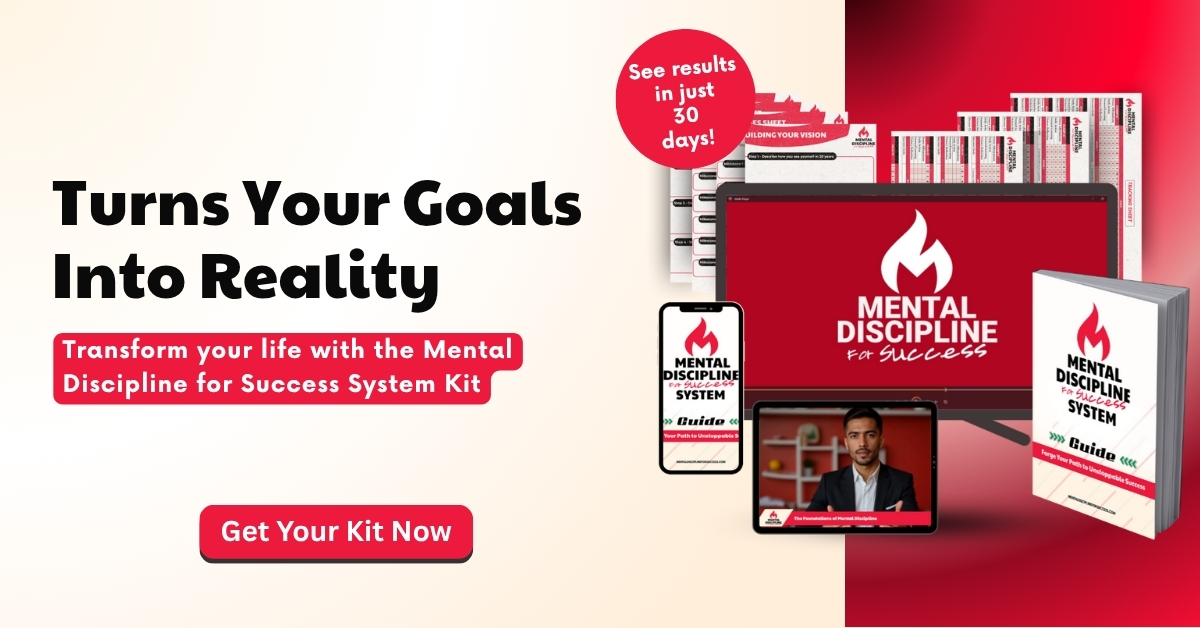


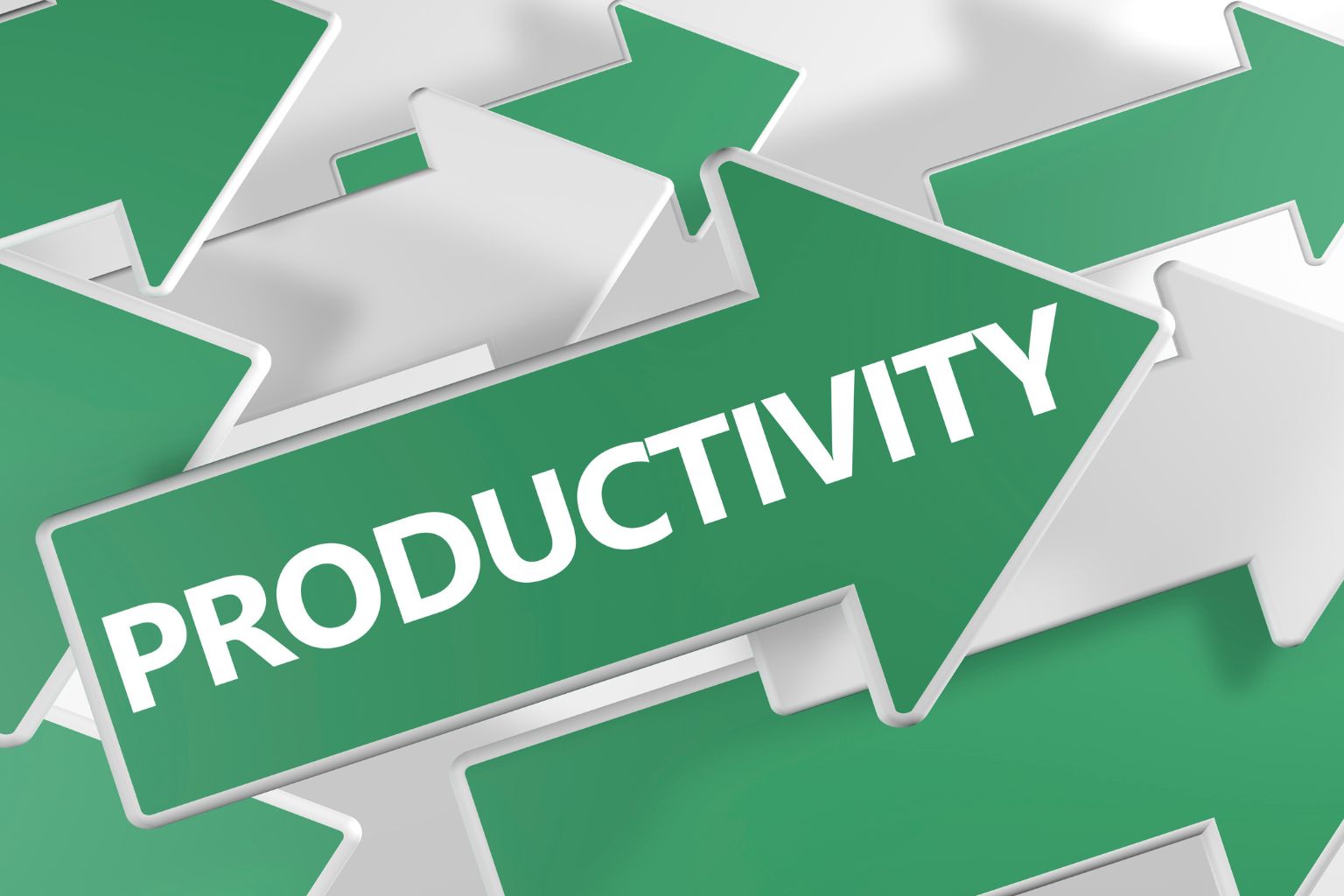
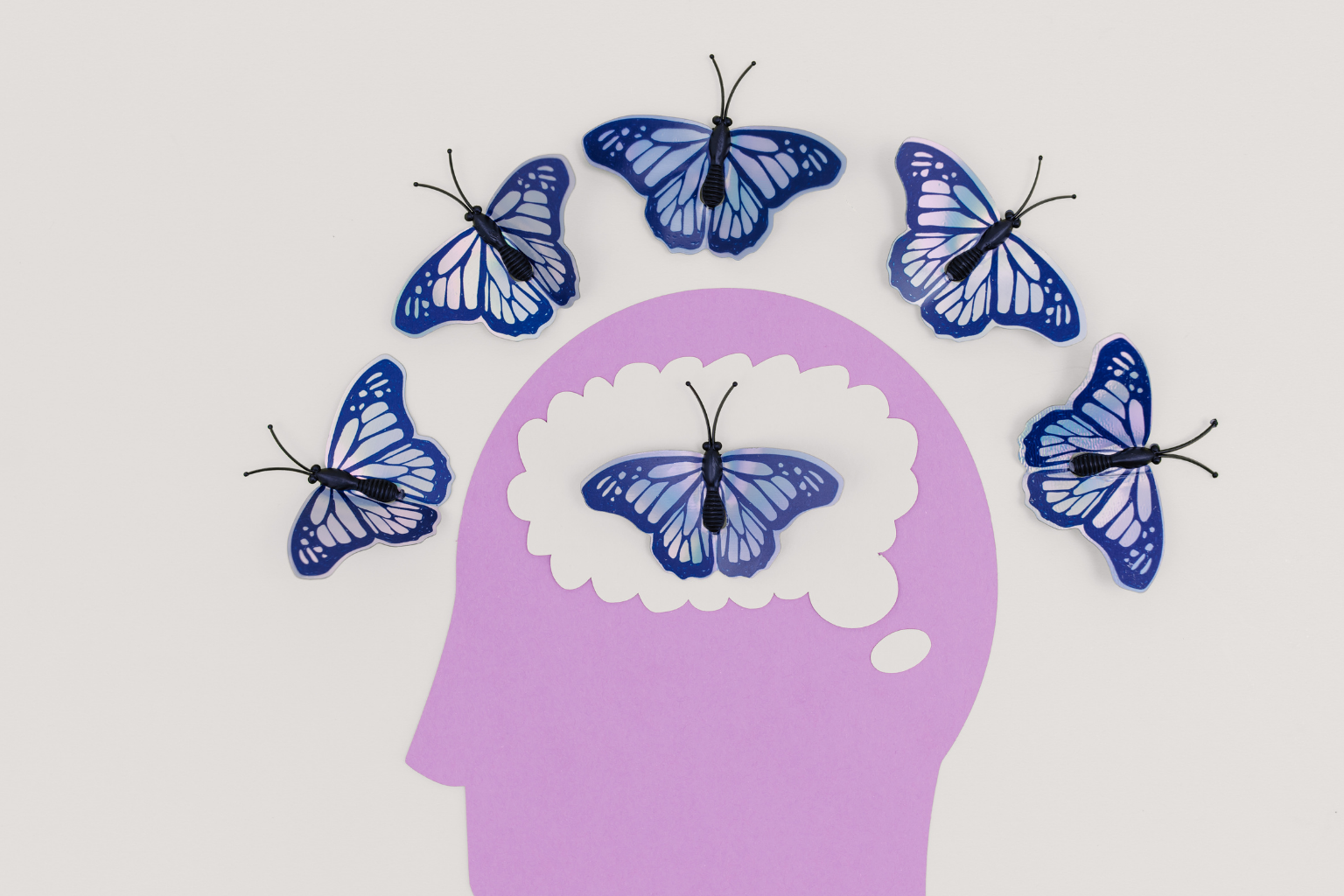

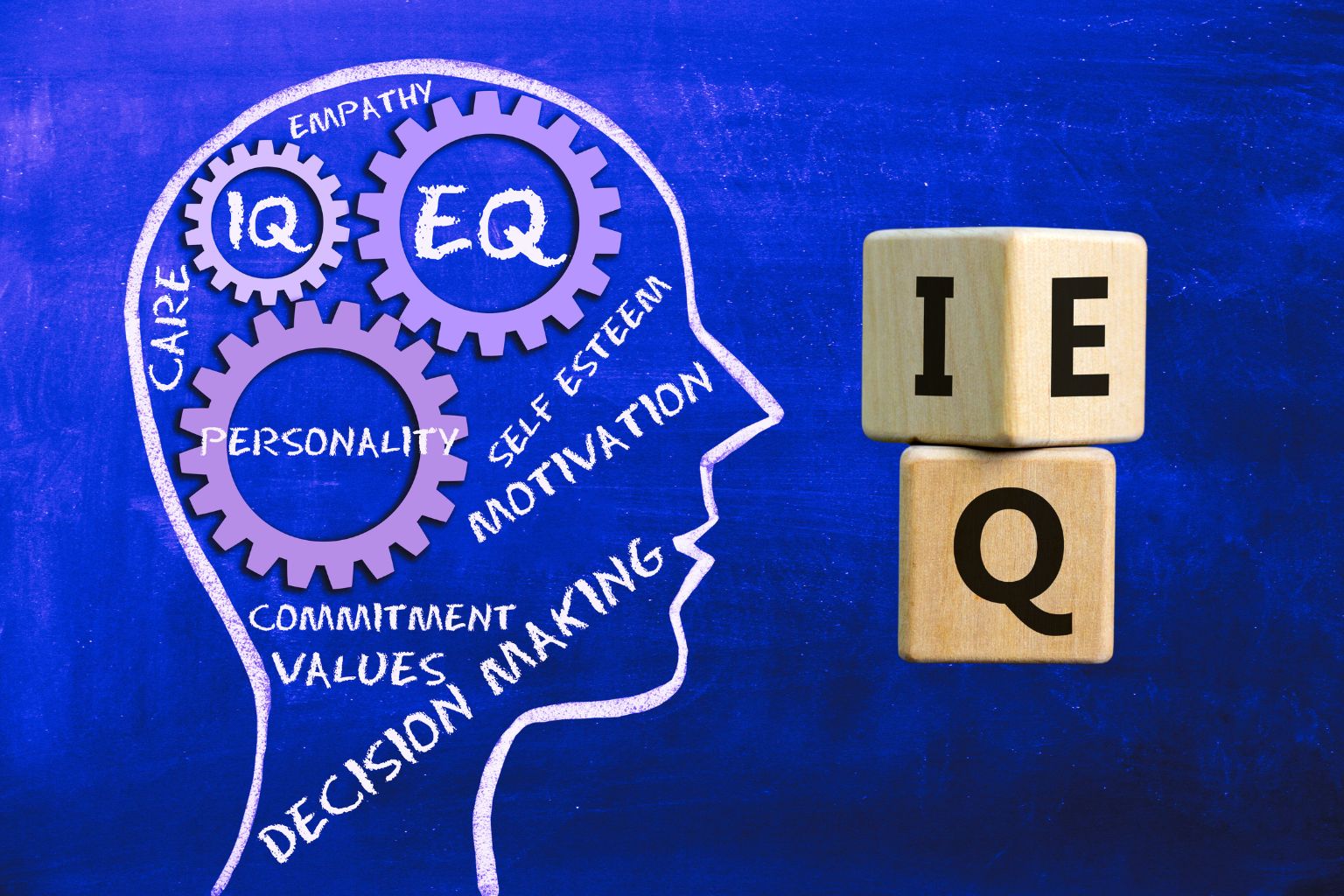


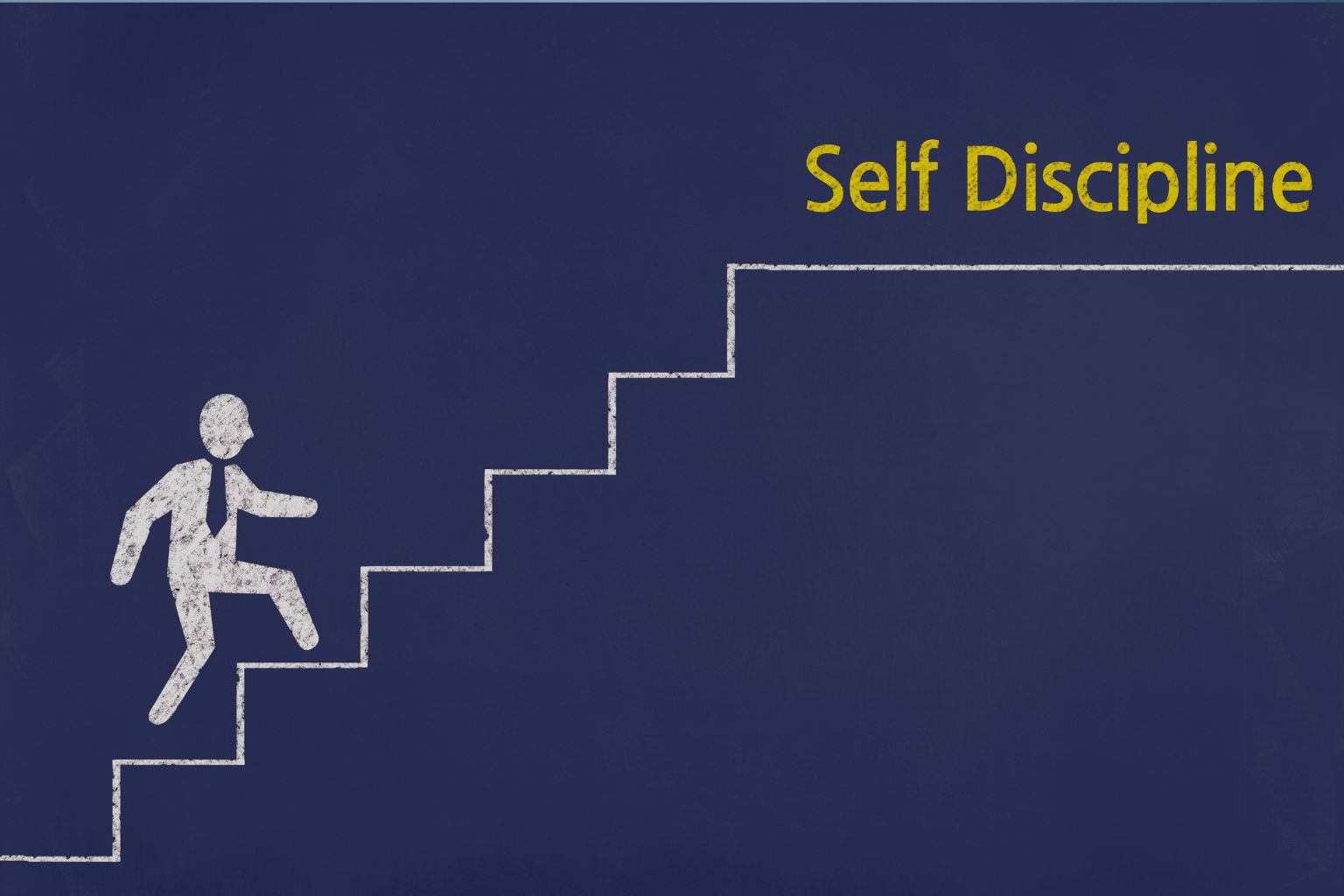

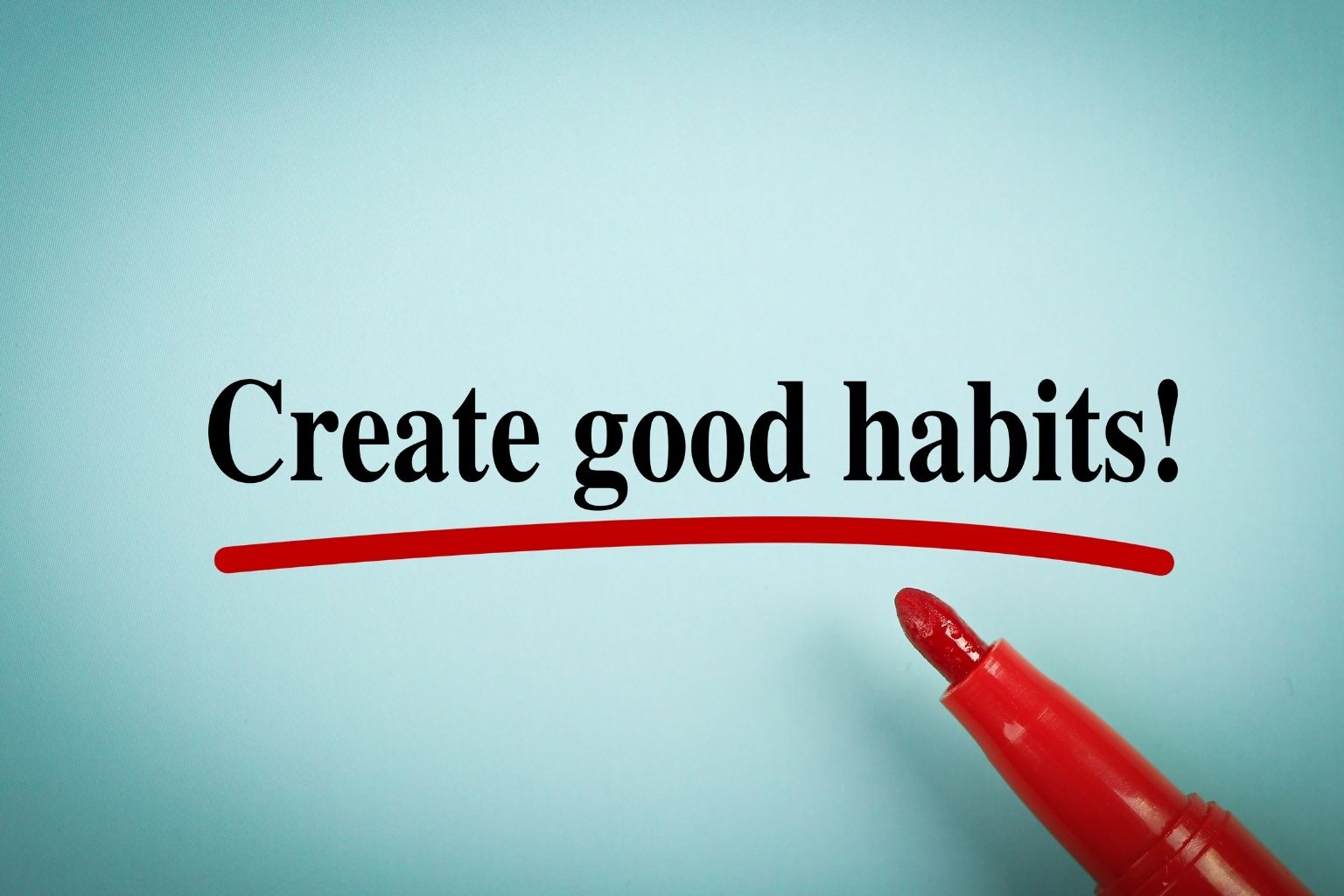



Share it!